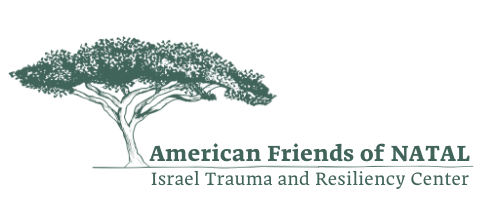How a Chicago pastor and rabbi joined their Black and Jewish communities to heal and help
Rabbi Michael (left) & Pastor Harris (right)
It began with books.
Rabbi Michael Siegel gave Pastor Chris Harris a copy of Abraham Joshua Heschel’s “The Sabbath,” and “Lovesong,” by Julius Lester. Harris sent Siegel Michelle Alexander’s “The New Jim Crow.”
They had met, about 10 years ago, after Siegel, the longtime senior rabbi at the Conservative Anshe Emet synagogue on Chicago’s North Side, started an interfaith clergy study group. Harris, pastor of Brightstar Community Church in the South Side neighborhood Bronzeville, the predominantly Black South Side neighborhood where he was raised, joined the group.
Rabbi Michael Siegel and Pastor Chris Harris by the Forward
Along with the book exchange, the two men started regularly visiting each other’s communities. “I didn’t want to just talk,” Siegel said, “I wanted to have relationships that would lead to meaningful action, to get beyond platitudes.”
“A friendship and trust developed,” said Siegel, “and as a result, the conversations we were able to have deepened. We were able to talk about sensitive topics and ask one another hard questions.”
A murder, then a mission
Pastor Harris found what he calls his personal “calling to community action” after the 2009 gang-violence connected murder of high school student Derrion Albert on Chicago’s South Side.
“From that point, I felt that the faith community needed to do something to address this kind of violence,” he said.
In addition to his duties as clergy, Harris created the non-profit Brightstar Community Outreach (or, BSCO), 11 years ago. Brightstar uses innovative methodology, and a commitment to interfaith cooperation, particularly with the Jewish community, to repair and improve Black neighborhoods. He has worked to strengthen bonds between the city’s Black and Jewish communities, including with the many Chicagoans who identify as both Black and Jewish.
“Pastor Harris has a vision for what his community can and should be, and he wants to work collaboratively with all communities to try to create that,” said Skip Schrayer, chief executive officer of Associated Agencies, who has served as chair of the Jewish United Fund and is also chair at Brightstar Community Outreach.
After their book exchange, Harris and Siegel’s relationship blossomed into the kind of multifaceted partnership that both men see as a model for other communities nationwide, as racial and economic tensions continue to test Black and Jewish communities.
They shared pulpits at one another’s congregations, and held a mock seder at Harris’s church. Soon thereafter, they initiated inter-community programs.
Members of Anshe Emet and the Brightstar community collaborate on building a playground. by the Forward
Image by Anshe Emet
Members of Anshe Emet and the Brightstar community collaborate on building a playground
“It has to be tachles based,” said Siegel, using the Hebrew word for bottom-line. “There has to be a practical application of what we are doing. It can’t just be words, thoughts, and prayers. We have tried to build simple, meaningful ideas, and put them into practice.”
Many of those efforts have focused on young people.

